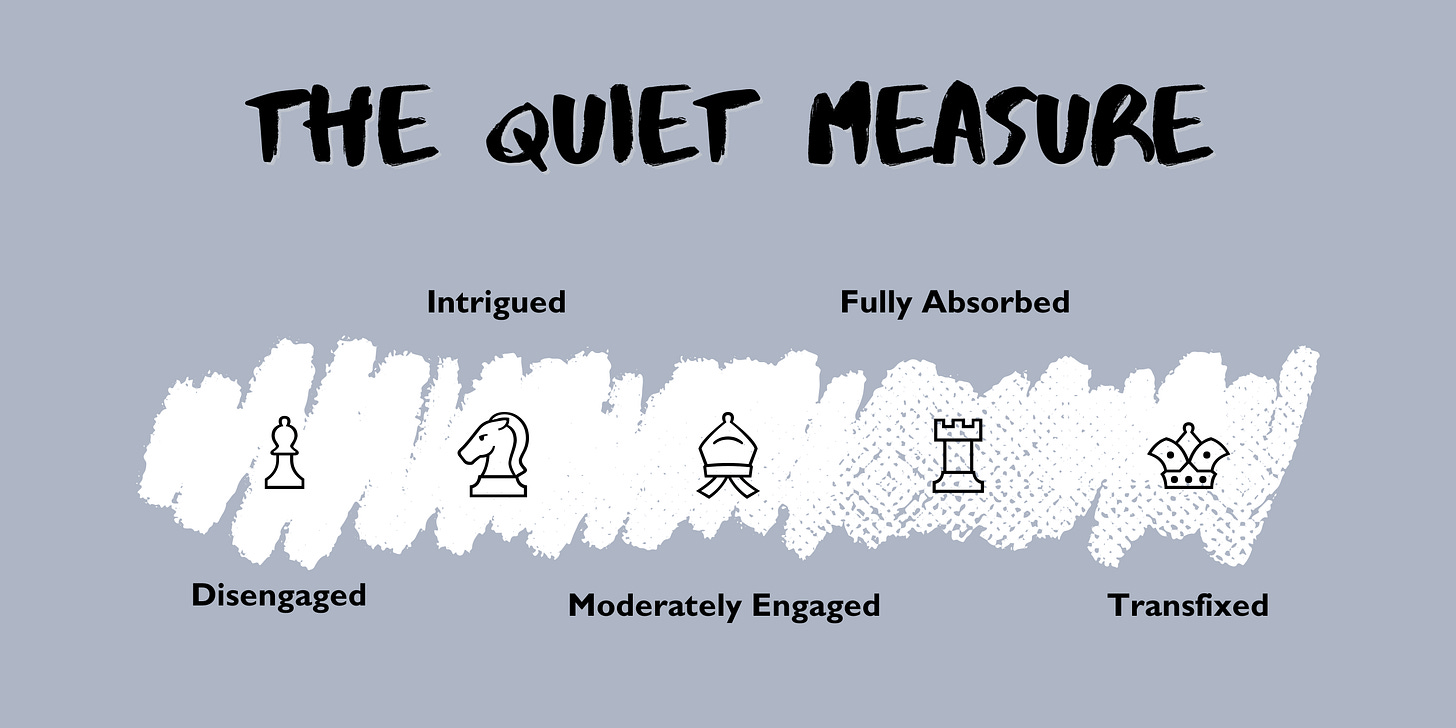Review: 'George Falls Through Time' by Ryan Collett
When time bruises flesh
Few stories manage to unravel in a way that brings their core vividly to life. And yet, George Falls Through Time moves with subtle shifts that lead us deeper into a raw, restless, and wounded interior.
Perhaps no word captures the novel’s world more fully than evolution. The story sheds itself quietly, evolving from hilarity to barbarity, from external adventure to internal anguish wrapped in skin, and touch, and breath—a need that knows no end.
We follow George, a man in his mid-thirties caught in the frayed stillness of his life: an expired relationship, a faded career, the routine of walking dogs in Greenwich Park.
Following a fraught moment that pulls at him from all sides, he wakes in the same place but seven centuries earlier, on the brink of the 14th century.
His brushes with a world made wholly new strip the mind from the body, but it’s the lingering presence of the beautiful Simon that threatens to undo him fully.
Complexity unfolds in many forms here, from the personal to the metaphysical. It fuses with the narrative, smoking away apparent plainness to reveal the intricate fabric of life beneath. Modernity, perception, brutality, desire, and time stand on equal ground in the aftermath.
And while the beginning is steeped in humor that tickles modern-day inertia, its quick disappearance feels less like loss and more like...well, its evolution.
The story gradually trades frivolity for something more embodied: a tension between mind and flesh—between being and existing—that deepens with each page.
Threaded through this is the pulse of longing and purpose half-formed. George Falls Through Time stitches wayward thought back to the slower rhythm of the body, both the protagonist's and, unavoidably, our own.
As a result, the novel feels far too existential to be lighthearted. Its gravity swells gradually, leaving us with a building weight. Like George, we’re thrown into the disorder of history, memory, belonging, and a love so absolute it strips away certainty.
The bond between him and Simon, the novel’s delicate thread, sits just beneath the skin—achingly so. Each shift echoes movement more than it undoes odds and vulnerabilities laid bare. It's a cadence that proves relentless, rhythmic, and wholly untamable.
This constant beat guides their connection from a glance held too long to something bottomless in the chest, and finally to a touch of recognition that flares into a thing much harder to contain—or sustain.
Beyond this intimate rhythm, the novel’s more surreal and existential elements—such as the mechanics of time travel—are carefully veiled beneath pantomime, grime, and cloth.
Their absurdity is made fantastical to keep it from turning too raw, offering glimmers of meaning and connection that lift the story beyond genre or easy interpretation.
Collett’s writing threads all this together beautifully, with no thought or emotion left untouched by the hunger of language.
Rather than standing apart from the embodied experience, George Falls Through Time becomes a kind of eulogy to what slips through the hands: a beauty that can’t be named, fully expressed, lived, or held. It lingers, leaving its trace in the quiet places we rarely notice until they ache.
An advance copy was provided by William Morrow.
Path of Engagement
♜♜♝♜♛
Genres
General Fiction (Adult)
LGBTQ+
Romance
Historical Fiction
Sci-Fi & Fantasy
Publication Date
January 20, 2026



